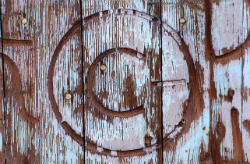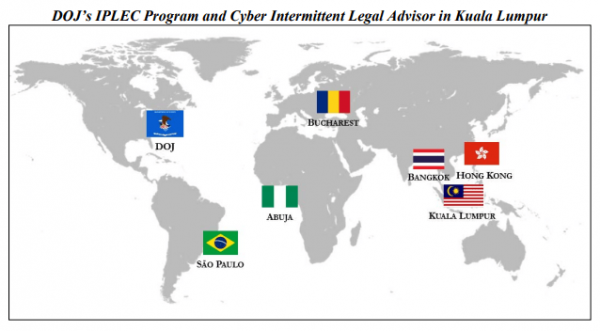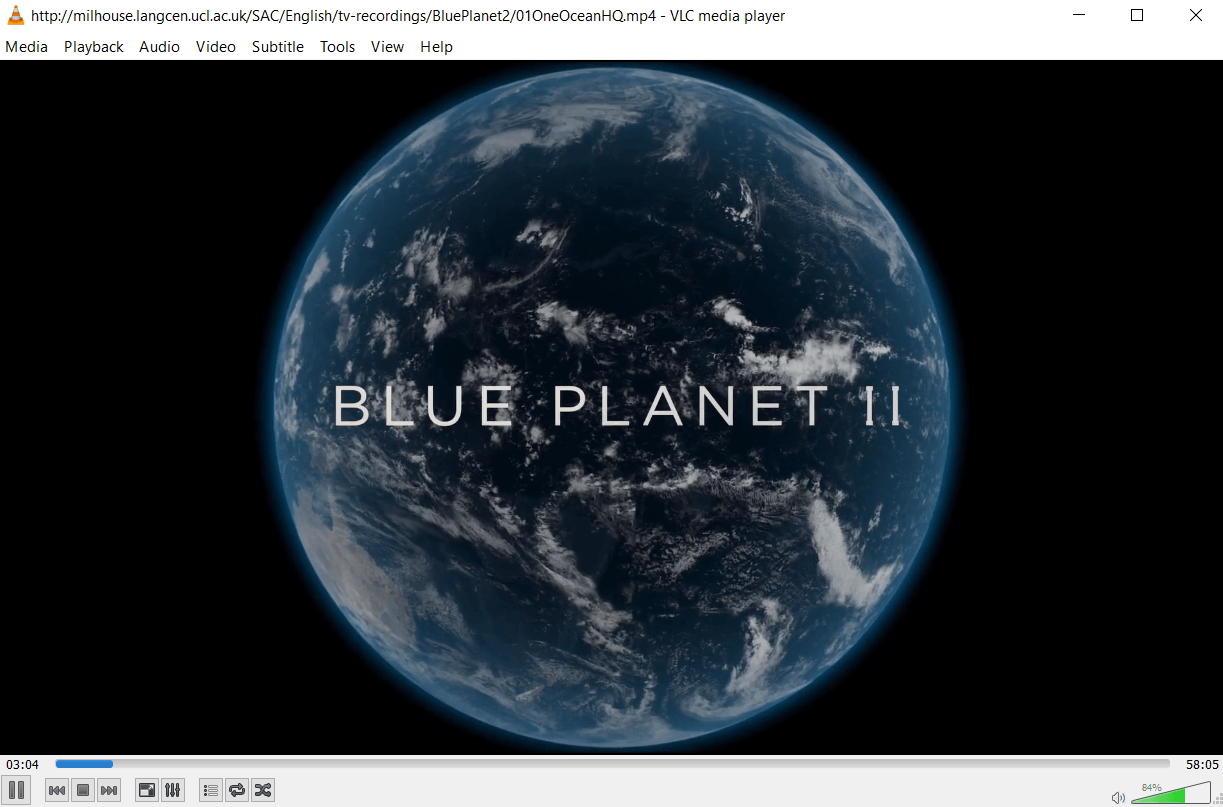New Zealand Prepares Consultation to Modernize Copyright Laws
lundi 18 décembre 2017 à 08:45 The Copyright Act 1994 is the key legislation governing New Zealand’s handling of intellectual property issues, covering protection, infringement, exceptions and enforcement. It last underwent a review more than a decade ago resulting in the Copyright (New Technologies) Amendment Act 2008.
The Copyright Act 1994 is the key legislation governing New Zealand’s handling of intellectual property issues, covering protection, infringement, exceptions and enforcement. It last underwent a review more than a decade ago resulting in the Copyright (New Technologies) Amendment Act 2008.
Like much copyright law worldwide, New Zealand’s legislation has struggled to keep pace with technological change so, during the summer, the last government announced plans for a review with several key goals:
– Assess the performance of the Copyright Act against the objectives of New Zealand’s copyright regime.
– Identify barriers to achieving the objectives of New Zealand’s copyright regime, and the level of impact that these barriers have.
– Formulate a preferred approach to addressing these issues – including amendments to the Copyright Act, and the commissioning of further work on any other regulatory or non-regulatory options that are identified.
The former government planned to initiate a public consultation in the second quarter of 2018, with a review being informed by the responses. According to an announcement Friday, the new government plans to go ahead with the overhaul, beginning in April as previously envisioned.
Many of the hot topics in the United States, Europe and closer to home in Australia are expected to come to the forefront, including site-blocking, service provider safe harbor provisions, and the thorny issue of fair use.
Speaking with RadioNZ, New Zealand Screen Association managing director Matthew Cheetham says that new legislation is required to keep pace with a rapidly moving landscape.
“In New Zealand, piracy is almost an accepted thing, because no one’s really doing anything about it, because no one actually can do anything about it,” Cheetham says.
“As new technologies have evolved, the law has struggled to keep pace with those new technologies and to make sure that the law is fit for purpose in the digital age.”
As the local representative for several Hollywood studios, it’s no surprise that NZSA will be seeking amendments that will force ISPs to block access to popular pirate sites, as they do already in the UK, Europe, and Australia.
“If the site is infringing [a court] can order internet service providers to block access to that site. Forty-two countries around the world have recognised that blocking access when it’s carefully defined is a perfectly legitimate avenue for rights holders to protect their rights,” Cheetham notes.
While there hasn’t been a major copyright overhaul in more than a decade, New Zealand is no stranger to prolonged exercises to try and stop piracy.
The country spent huge amounts of time and money late last decade in order to come up with the Copyright (Infringing File Sharing) Amendment Act 2011. It laid out a system under which pirates received escalating warnings culminating in eventual disconnection from the Internet. But, with escalating costs (between NZ$20 and NZ$25 per notice), the scheme was ultimately an expensive flop.
“We have an entire regime that allows copyright holders to seek and send notices to users that are committing piracy and actually have a process in a court-based system that allows remedies to be pursued,” Internet New Zealand deputy chief executive Andrew Cushen told RadioNZ.
“None of them are using it. Why would we now look at a wholly different solution that none of them are going to use as well?”
As someone who has been acutely affected by New Zealand’s approach to intellectual property rights enforcement, Kim Dotcom certainly has an interest in the development of local copyright law. The Megaupload founder was arrested in 2012 for alleged copyright offenses that he insists aren’t even a crime in New Zealand. So what advice does he have for the review?
According to the entrepreneur, the NZ Copyright Act is “mostly good”, noting that it protects both ISPs and consumers. Given the chance, however, he would remind judges about the purpose of the act.
“The NZ Copyright Act is a code. The Copyright Act creates a special property right. No other act applies to this special property right, including the crimes act,” Dotcom informs TF.
“This might be a helpful yardstick for Judges who don’t understand the Copyright Act and attempt to create new and unintended law from the bench. Just like in my case.”
Only time will tell how the public consultation will play out but it seems likely that tackling the “Value Gap” situation will be high up the agenda, especially if that can be achieved by eroding Internet companies’ safe harbors under copyright law. Expect that to receive significant push-back from the technology sector.
Source: TF, for the latest info on copyright, file-sharing, torrent sites and more. We also have VPN discounts, offers and coupons
 Online piracy is a global issue. Pirate sites and services tend to operate in multiple jurisdictions and are purposefully set up to evade law enforcement.
Online piracy is a global issue. Pirate sites and services tend to operate in multiple jurisdictions and are purposefully set up to evade law enforcement. 







